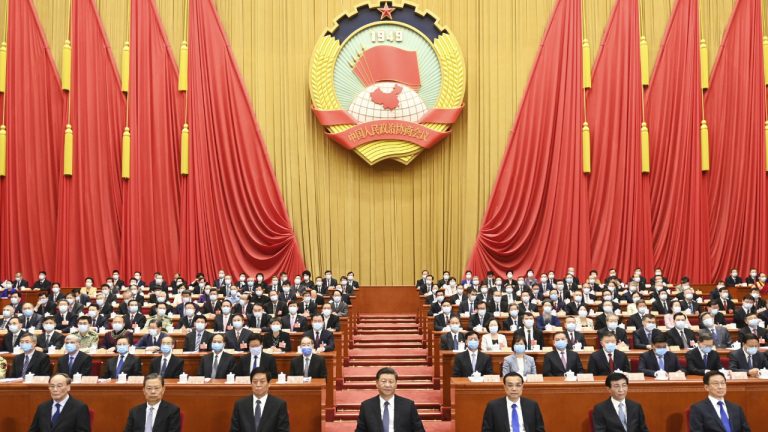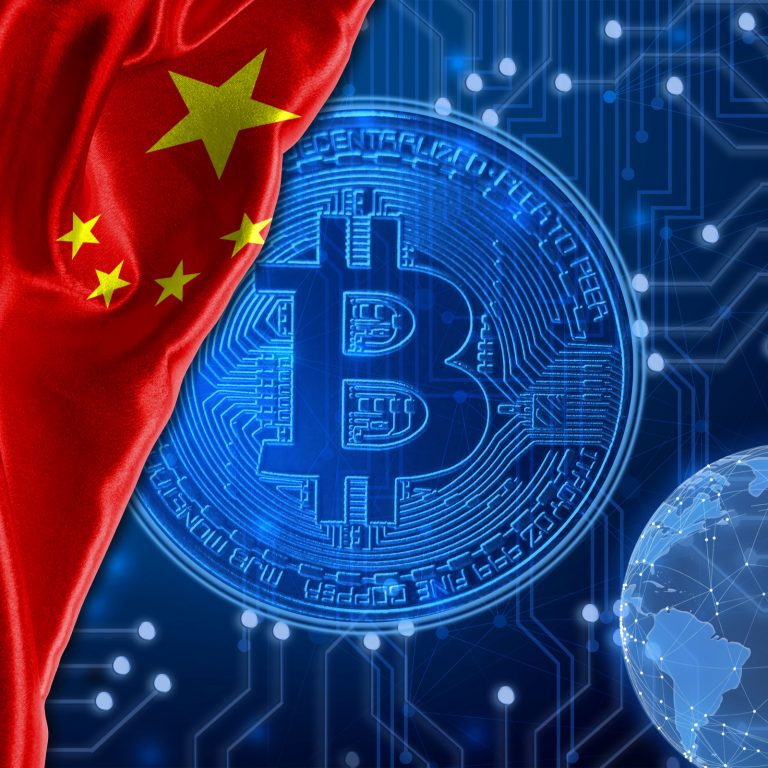
2020-11-4 11:10 |
There is an adage in the cryptocurrency space that goes something like; ‘You know it’s a bull run when China bans Bitcoin again’. It was Hong Kong tightening the screws this time, but it appears to be acting in the shadow of its overpowering neighbor and many of the world’s biggest exchanges could be affected.
As reported by BeInCrypto on Nov 3, financial regulators in Hong Kong announced that all cryptocurrency trading platforms would soon be regulated whether they trade securities or not.
The news followed further clampdowns in China as the regime gets closer to officially launching its own central bank digital currency (CBDC), or digital currency/electronic payment (DCEP) as it’s called there.
China has been largely anti-crypto, but Hong Kong has long been a hub for the industry with many of the largest exchanges in the world such as Binance, OKEx, and Huobi having offices there.
Hong Kong Regulations Could Be ‘Crippling to Crypto’Partner at Cinneamhain Ventures, Adam Cochran, has taken a deeper look at the situation unraveling as well as breaking down what a Securities and Futures Commission (SFC) license means for some of the largest crypto companies and exchanges on the planet.
1/15
So as announced last night Hong Kong will be requiring cryptocurrency exchanges to pursue an SFC/SFO license.
Hong Kong is home to operations for the largest crypto exchanges (Huobi OKEx, FTX, BitMex and Binance)
So here is some unpacking on what the SFC license means.
— Adam Cochran (@AdamScochran) November 3, 2020
The proposed licensing is broken down into categories that include securities, futures, forex, automated trading, and margin, none of which previously applied to the ‘opt-in’ route for firms offering crypto trading.
Cochran added that the SFC has changed its tack from a previous stance maintaining that it had no power to grant a license to or supervise a platform that only trades non-security virtual assets or tokens.
The main point is that the new regulations only deal with professional investors with a net worth of more than $HKD8 million ($USD 1 million). Cochran went on to say that;
“This would be crippling to crypto as most of these exchanges cater to consumers. The professional investor clause is one that is even more restrictive than US crypto policy.”
There are also KYC (know your customer) implications as some exchanges such as Binance allow withdrawals of certain amounts without identity verification. This could change if sweeping KYC requirements are brought in with the new regulations.
Chest Beating in ChinaCochran added that this sudden change appears to stem from mounting Chinese influence in Hong Kong and concerns about crypto being used to get money out of the mainland.
Spartan Black Group partner Kelvin Koh suggested that China is likely looking to clear the path for its own central bank digital currency and will not tolerate any others;
“The timing of the Chinese OTC and exchange crackdowns is no coincidence. The PRC government is sending a strong message about its stance on cryptocurrencies other than the DCEP.”
A recent Twitter post by LongHash Data claims that state media in China has reported that selling crypto assets that have been purchased with yuan to withdraw foreign currency could be considered money laundering, and vice versa:
NEW: Chinese state media suggests that selling crypto purchased with RMB to withdraw foreign currency could be considered money laundering, as would selling crypto purchased with foreign currency to withdraw RMB. https://t.co/UYR1nJlidx… pic.twitter.com/0Tm9k73lmP
— LongHash (@longhashdata) November 3, 2020
Many of the major exchanges may have already preempted this tightening of screws by China and have already relocated head offices to friendlier crypto climes in the likes of Malta and Singapore.
The post Is China Pressuring Hong Kong to Crack Down on Cryptocurrency? appeared first on BeInCrypto.
origin »Bitcoin price in Telegram @btc_price_every_hour
Hong Kong Dollar (HKD) на Currencies.ru
|
|





















